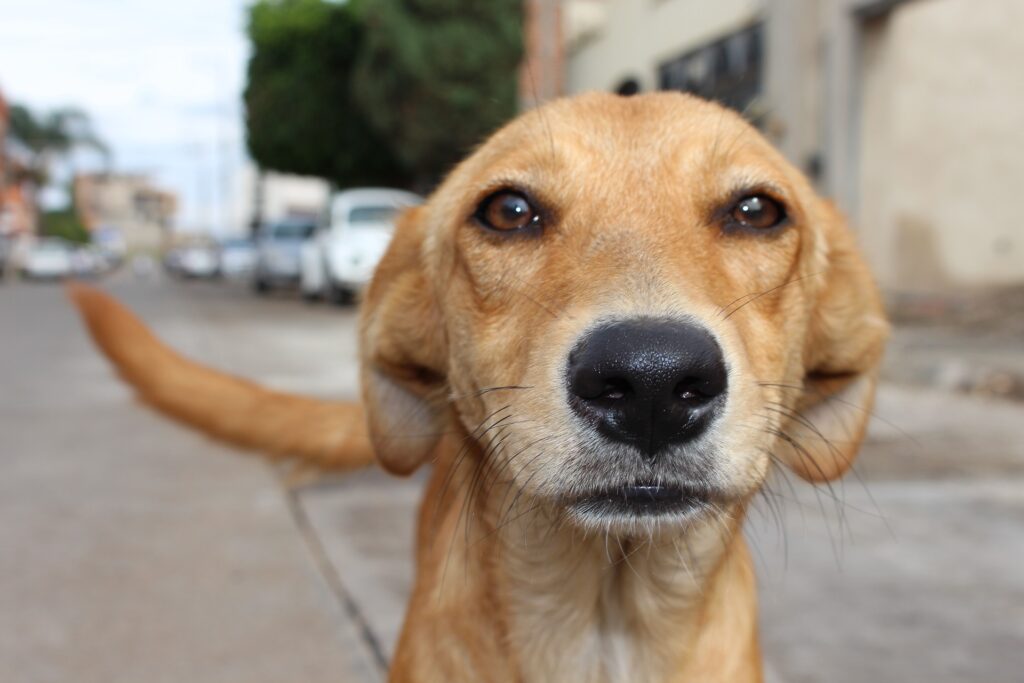
Will Flanders ban street dog adoptions from Spain and Romania?
The Flemish Council for Animal Welfare wants to ban the adoption of dogs from countries such as Romania and Spain. By doing so, the Council hopes to solve the problem of overcrowded shelters. But it is a more nuanced story, as many dogs in shelters also come from Belgian dog dealers.
“Distance adoption, based on a photo and without a strict screening of the potential adopters, increases the risk of impulse adoptions, while Flemish shelters are struggling with a structural overpopulation of dogs,” the Flemish Council for Animal Welfare writes in its report.
While Flemish shelters are bursting at the seams, the Council for Animal Welfare points the finger at the increasing number of organisations offering animals from abroad, dogs that “do not always have the status of family dogs as in Western Europe”, making them more likely to exhibit “deviant behaviour”.
In 2021, 7,500 dogs ended up in Flemish shelters, compared to 5,500 in 2017. “There has been an explosion in recent years,” Sébastien Tonneus of the Tienen animal shelter told Het Nieuwsblad. “And that includes some dogs from abroad.”
“We now have a waiting list for owners who want to give up their dogs, and we urge them first to contact the organisation from which they bought the dog”, Tonneus says. “But often, they are unable or unwilling to take the dogs back.”
More confiscations
Not only are the numbers of dogs ending up in shelters increasing, but the number of confiscations is also rising. This was announced by Animal Welfare Minister Ben Weyts (N-VA) a few weeks ago. These animals must also be accommodated in animal shelters, making them even more overcrowded.
The Minister pointed out that the coronavirus pandemic and the financial crisis impacted the current situation. While animals were bought or adopted en masse during the pandemic, many are now abandoned. “The Flemish Council for Animal Welfare has already taken up the problem,” Weyts said.
The Council now concludes that it is mainly the foreign dogs causing the overpopulation. However, the Belgian dog dealers also benefited from the ‘rush for pets’ during the corona period. While most businesses had to close their doors as a precaution, they delivered puppies to people’s homes. These puppies also came from countries such as Slovakia, the Czech Republic and Hungary and were not always in such good physical and mental health.
Inadequate screening
While organisations that bring foreign dogs to Belgium are blamed for not or inadequately screening potential adopters, dog dealers ask no questions. As a result, an elderly couple can go home with a Malinois or a Rottweiler puppy, two breeds that require a lot of energy and strength from their owners once they reach adulthood. Unfortunately, these are the breeds that often end up in shelters.
Although the Flemish Animal Welfare Council argues that the overpopulation in Flemish shelters can be solved by banning dogs from Spain and Romania, more is needed to tackle the problem at its roots.
(BELGA)
